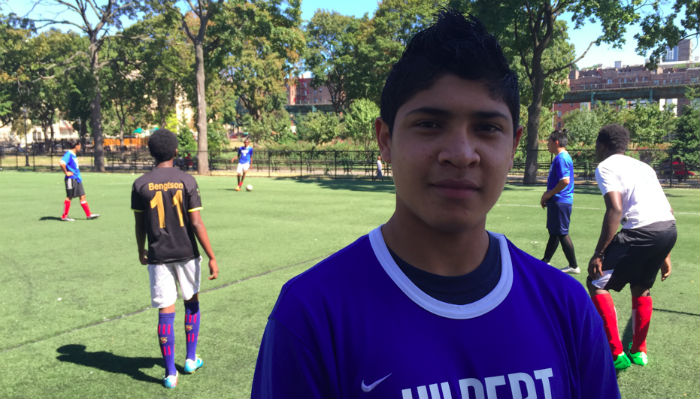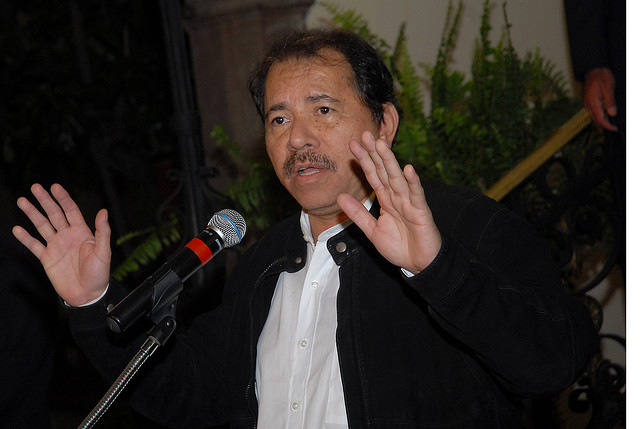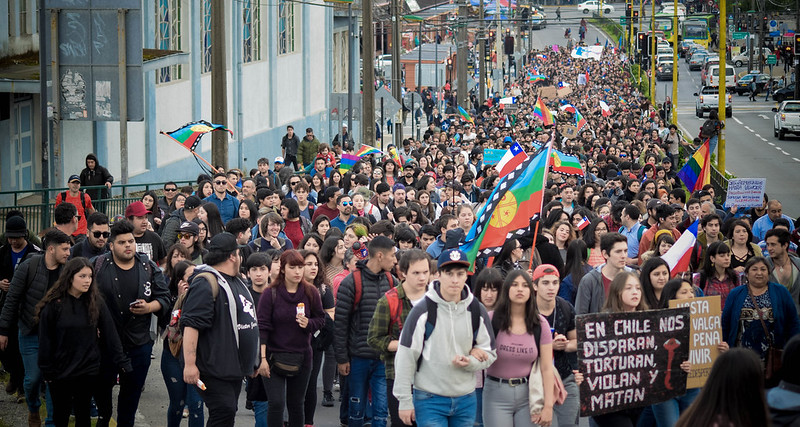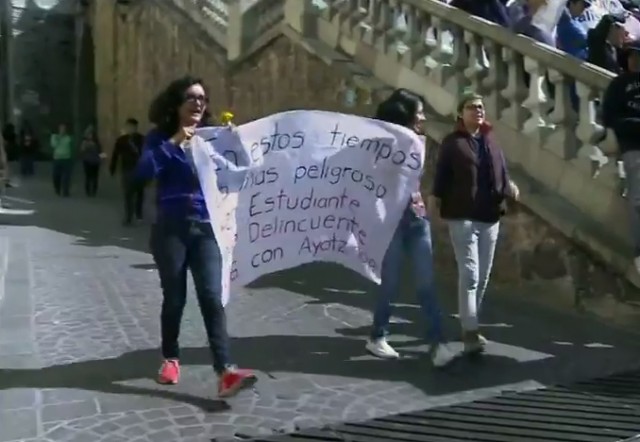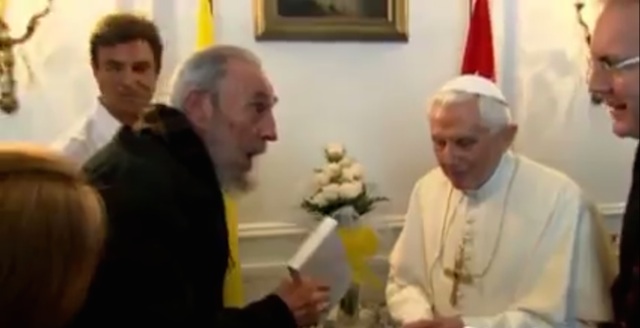
Brazil, Latin America: Week in Review, North America, Southern Cone
Brazil Re-elects Dilma Rousseff as President
October 27, 2014 By Staff
Top Story — Brazilian President Dilma Rousseff won her re-election bid in the closest race in the country’s history, taking just over 51 percent of the vote to beat her opponent Aécio Neves. The tight victory marks the end of a campaign cycle that stunned observers for the atypically vicious attacks from both sides.
Rousseff, of the left-populist Workers’ Party, opened her victory speech by saluting fellow party member and former President Luiz Inácio Lula da Silva, whose two-term tenure preceded her own. Rousseff’s victory on Sunday ensures that the Workers’ Party will have ruled for at least 16 years by the time her presidency ends.
Neves, of the center-right Social Democracy party, conceded defeat in a two-minute speech in Belo Horizonte, the capital city of Minas Gerais state, where he was a popular two-term governor between 2003 and 2010. In spite of his success there, Neves lost this key battleground state — the second-most populous in the country — to Rousseff. As Mauricio Moura, a George Washington University political strategy professor, told the Associated Press, “Brazil has never elected a president who didn’t win in Minas Gerais.”
Both candidates’ campaigns became openly hostile in the weeks before Sunday’s election. Former President Lula da Silva compared Neves’ campaign to the Nazis. Neves’ team, in turn, likened Rousseff’s campaign strategist to Joseph Goebbels, Hitler’s propaganda minister.
Following his defeat, Neves told his supporters that he congratulated his opponent over the phone, and stressed that the biggest priority moving forward is a sense of unity among Brazilians on both sides.
Despite Neves’ loss, Sunday’s results are the highest that the Social Democracy party has ever received during a presidential election — including the two terms won by former President Fernando Henrique Cardoso in 1994 and 1998. (On both occasions, Cardoso won during the first round of voting.) The last time election results came down to a single-digit percentage margin was in 1989, when da Silva lost his bid to Fernando Collor by 6 percent of the vote.
Headlines from the Western Hemisphere
North America
- The New Yorker has a comprehensive account of the disappearance of 43 students from Mexico’s Guerrero state, and the political implications of the situation.
- In the latest development, Rogelio Ortega was appointed as an interim governor of Guerrero state after the former governor resigned last week over the students’ disappearance.
- Mexico is asking its citizens whether they consider themselves black — or any other of the numerous terms used to describe Afro-Mexicans — in an official survey. The move is raising questions of past discrimination against black Mexicans, but also giving many hope for official recognition in the constitution and increased attention to their communities.
Caribbean
- Four Dominican inmates were killed and several injured when guards opened fire in an attempt to disperse a riot and subsequent escape attempt, marking the second time this year that a fatal incident has broken out in a prison facility undergoing reforms.
- Thousands of Haitian opposition demonstrators staged a rally in Port-au-Prince Sunday to demand that the government hold local and legislative elections, which have been delayed by more than three years.
- Oscar Taveras, an outfielder for baseball’s St. Louis Cardinals who was considered a top prospect by the MLB, died in his native Dominican Republic in a car accident on Sunday.
Central America
- The Daily Telegraph takes a detailed look at opposition to a proposed canal project in Nicaragua that could displace around 100,000 people if constructed, an outcome cattle farmers along Lake Nicaragua say they will fight against “until death.”
- An NPR piece examines the unique logistics of Nicaragua’s policy on drug trafficking and local economies that rely entirely on the drug trade for survival.
Andes
- Venezuela’s finance minister on Sunday ruled out the possible sale of state-owned U.S. oil refiner Citgo. While the reason for the sudden turnaround remains unclear, analysts reportedly estimated the company’s value was significantly less than the $8 billion to $10 billion that the government was expecting.
- Beltran Herrera, an ex-rebel with the FARC in Colombia, was sentenced to 27 years in prison by a U.S. judge for his role in kidnapping three American contract workers, who were taken hostage by the FARC in 2003.
- Bolivia is set to repeat congressional elections in two departments where irregularities were detected.
Southern Cone
- After the first round of Uruguay’s presidential election Sunday, exit polls suggested Tabaré Vázquez of the ruling Broad Front coalition fell short of the requisite 50 percent to win outright. While runner-up Luiz Lacalle Pou only won 31 percent, the two are practically tied in polling ahead of the runoff scheduled for Nov. 30.
- Thousands of Chileans marched through Santiago on Saturday in protest of President Michelle Bachelet’s proposed education reform bill, which they say will force thousands of subsidized private schools to close their doors.
- An Argentine ex-police chief and ex-interior minister were accused of kidnapping, murdering and torturing 128 prisoners in “La Cacha” — an infamous detention center — in the 1970s. They were given life sentences for their participation in the killing of young, left-wing activists in the country between 1976 and 1978.
Image: Screenshot, Globo
